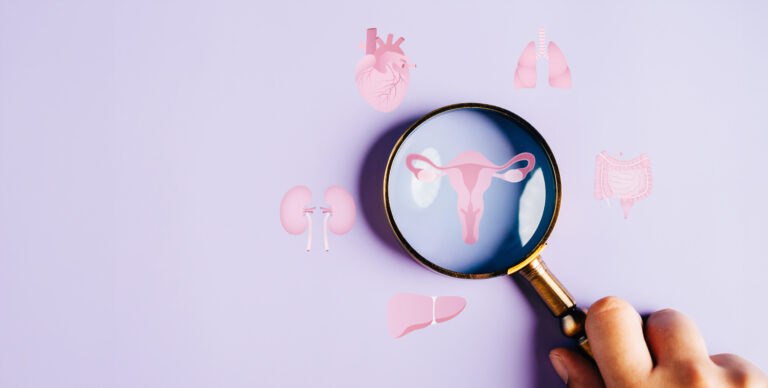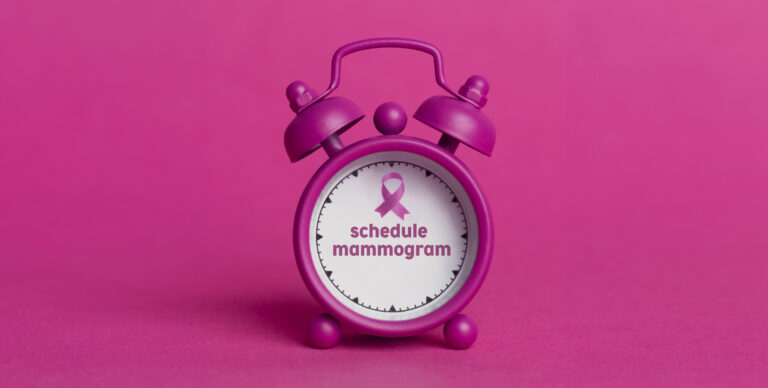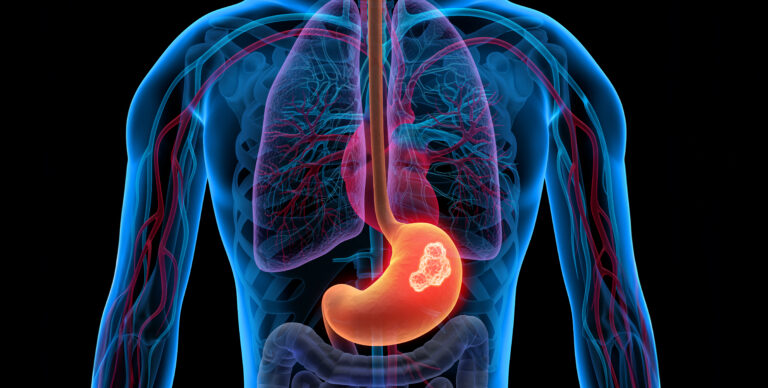
Defining Wellbeing
While there is no universally agreed-upon definition of wellbeing, experts concur that establishing one is crucial (Felce and Perry, 1995; Gable and Haidt, 2005; Simons et al., 2021).
According to the Cambridge Dictionary, wellbeing is defined as “the state of feeling healthy and happy” (Cambridge University Press, 2019). Meanwhile, the Centers for Disease Control and Prevention describe it as the presence of positive emotions, feeling good, the absence of negative emotions, satisfaction with life, and positive functioning (CDC, 2023).
To construct a comprehensive global definition, Simons and Baldwin (2021) put forth that wellbeing is a state characterized by positive feelings and the fulfilment of one’s full potential in the world. It can be assessed subjectively and objectively, utilizing a salutogenic approach. This definition highlights the distinction between wellbeing and terms like quality of life, emphasizing that even in the face of global challenges, wellbeing encompasses more than just the absence of pathology (Simons and Baldwin, 2021).
Given the lack of consensus on a singular definition, various components, determinants, or pillars are often used interchangeably in discussions surrounding wellbeing (Simons and Baldwin, 2021). Researchers from diverse fields have examined different facets of wellbeing, including physical, mental, social, and economic wellbeing, among others (Frey et al., 2002; Diener et al., 1999, 2000; Kahneman et al., 2004; Eid et al., 2008).
- Centers for Disease Control and Prevention (CDC) (2023). Available at https://www.cdc.gov/hrqol/wellbeing.htm.
- Felce, D., & Perry, J. (1995). Quality of life: Its definition and measurement. Research in Developmental Disabilities, 16(1), 51–74. https://doi.org/10.1016/0891-4222(94) 00028-8Cambridge University Press (2019).
- Diener E, Suh EM, Lucas R, Smith H. Subjective wellbeing: Three decades of progress. Psychological Bulletin 1999;125:276–302.
- Diener E. Subjective well being: the science of happiness and a proposal for a national index. American Psychologist 2000;55(1):34–43.
- Eid M. Measuring the Immeasurable: Psychometric modeling of subjective wellbeing data. In: Eid M, Larsen RJ (eds.) The science of subjective wellbeing. New York: Guilford Press; 2008:141–167.
- Frey BS, Stutzer A. Happiness and economics. Princeton, N.J.: Princeton University Press; 2002
- Gable, S. L., & Haidt, J. (2005). What (and why) is positive psychology? Review of General Psychology, 9(2), 103–110. https://doi.org/10.1037/1089-2680.9.2.103
- Kahneman D, Krueger AB, Schkade DA, Schwarz N, Stone AA. A survey method for characterizing daily life: the day reconstruction method. Science 2004;306:1776–1780.
- Simons G, Baldwin DS. A critical review of the definition of 'wellbeing' for doctors and their patients in a post Covid-19 era. Int J Soc Psychiatry. 2021 Dec;67(8):984-991. doi: 10.1177/00207640211032259. Epub 2021 Jul 9. PMID: 34240644; PMCID: PMC8592098.
Wellbeing Pillars

Physical Wellbeing
We emphasize achieving optimal health and functioning of the body.

Mental and Spiritual Wellbeing
We prioritize emotional and psychological health, as well as fostering a sense of purpose and connection to something greater in life.

Social Wellbeing
We promote positive social interactions, relationships, and a sense of belonging within communities and social networks.

Academic Wellbeing

Occupational Wellbeing

Environmental Wellbeing
Articles

- 0 Comments
- Constantina Constantinou
The Hidden Dangers Of Loneliness: A Connection to Mortality Loneliness is more than just a feeling of sadness; it can have profound consequences on our

- 0 Comments
- Constantina Constantinou
Navigating University Life: The Sleep-Stress Connection Being a university student can be both exciting and challenging. You’re learning, growing, and making new friends, but it

- 0 Comments
- Constantina Constantinou
climate change And Reproductive Health: A call to Action Climate change is a major risk factor for overall health, including reproductive health, and well-being. In

- 0 Comments
- Constantina Constantinou
empowering Breast Cancer Survivors: Navigating the return to Work Breast cancer survivors often face the daunting task of re-entering the workforce after their primary treatment.

- 0 Comments
- Constantina Constantinou
Breaking barriers in Cervical Cancer: A Global Challenge Cervical cancer (CC) is a pressing global issue, particularly in resource-depleted geographical areas with a high incidence

- 0 Comments
- Constantina Constantinou
What keeps women from getting screened for Breast cancer? Breast cancer is a significant cause of mortality among women, and early detection is crucial for

- 0 Comments
- Constantina Constantinou
Can museums help us lead healthier lives?🏛️ The prevalence of mental and physical chronic diseases is increasing globally. In addition, the changing demographics towards an

- 0 Comments
- Constantina Constantinou
Exploring the link between gastric cancer and the gut microbiome🔬 Gastric cancer (GC) is one of the leading causes of cancer-related deaths globally, and concerning

- 0 Comments
- Constantina Constantinou
To eat red meat or not to eat meat? This is the question!🍴 Colorectal cancer is a significant global health concern, and the International Agency

- 0 Comments
- Constantina Constantinou
Do you know that noncommunicable diseases are on an ascending slope? Did you know that: Noncommunicable diseases (NCDs) are medical conditions that are not infectious

- 0 Comments
- Constantina Constantinou
the top 10 causes of death globally Do you know what are the top 10 causes of death globally? They can be classified into three

- 0 Comments
- Constantina Constantinou
How can the Blue Zones and Lifestyle Medicine help us improve our wellbeing?🌍 Blue Zones are regions of the world that have a higher number
Melodies Of SunriseMusic by Elen Lackner from Pixabay



